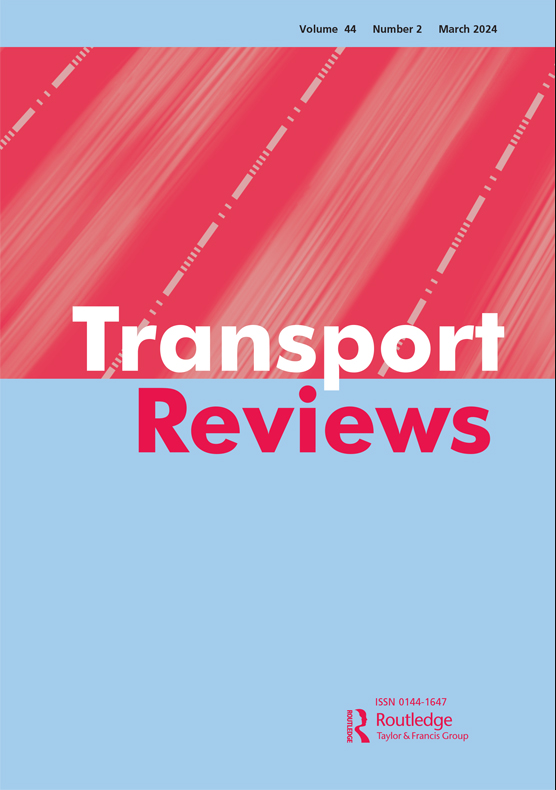A review of techniques to extract road network features from global positioning system data for transport modelling
Abstract
With the spread of smartphones and mobile internet, Global Positioning System (GPS) data from vehicles has become widely available. This data represents a unique opportunity to automatically extract road network features and generate detailed maps that can be used in the creation of transport network models, while minimising the quantity of resources usually invested in that task. Accurate transport network models can be used in a variety of applications either in transport simulation models or autonomous vehicles navigation. Although two relevant literature reviews were performed during the last decade, they were not systematic and did not explore the road network inference methods from a transport network modelling point of view. The objective of this research is to perform a systematic and reproducible literature review on the use GPS data in transport network modelling and provide limitations and future work to extract a road network representation for transport models and autonomous vehicles navigation. This was done by systematically examining the studies’ different approaches with respect to relevant criteria. Most studies produced a simple representation of the road network, not detailed enough for transport models. Other limitations were the bias introduced by the GPS sample and the reproducibility of the different methods.

 求助内容:
求助内容: 应助结果提醒方式:
应助结果提醒方式:


